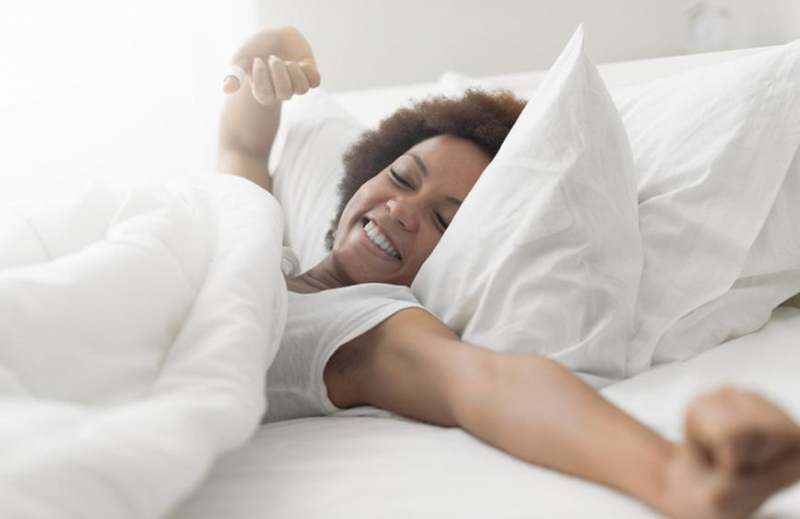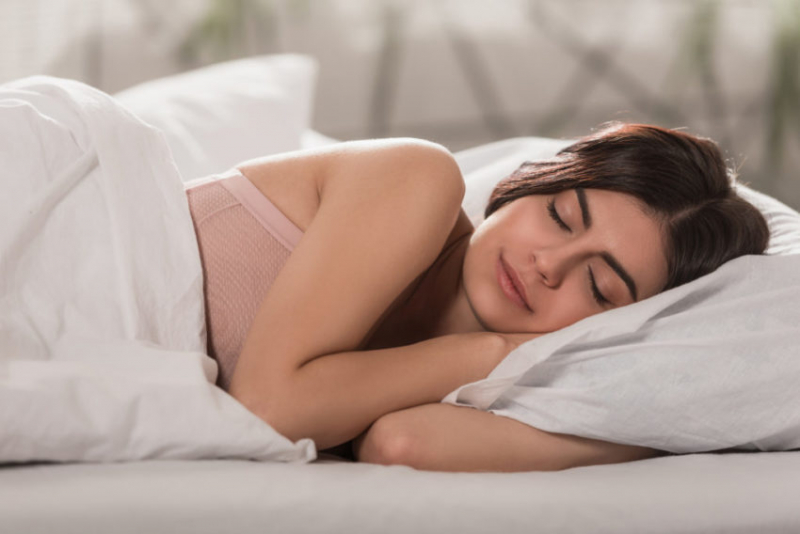Get enough sleep
After a night of little sleep, you're more likely to have food cravings. Poor sleep was linked to more frequent food cravings and poor diet quality in a 2019 research of 256 children and teenagers. Another research of 24 women published in 2019 linked sleep loss to increased hunger and food cravings.
Sleep deprivation affects certain areas of the brain, such as the frontal cortex and amygdala, increasing your desire for highly palatable and calorie-dense foods. Chronic sleep deprivation has also been related to health problems including diabetes, heart disease, and depression, which is concerning. You may aim for at least 7 hours of sleep every night to fight sleep deprivation-related food cravings and boost overall health.












